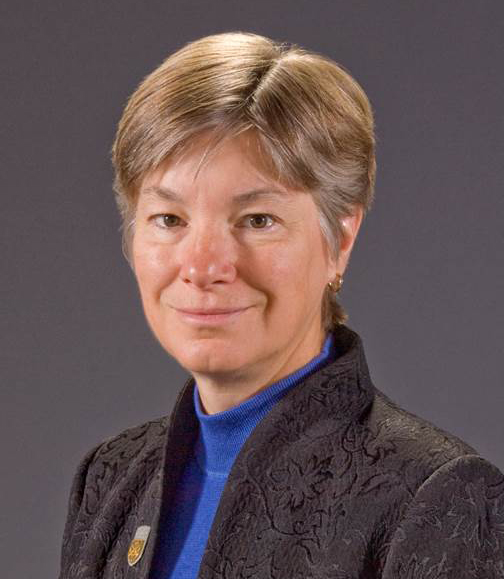by Laura Huenneke, Provost
Summer can be a special time in an academic’s year. For those of us in Flagstaff, it’s an opportunity to enjoy the beautiful setting and the relative serenity of campus.
The season presents many with an opportunity for freedom from the regular schedule of classes, grading and meetings; even those committed to summer teaching or to projects with a deadline can enjoy the longer days and quiet campus. Many of us take this chance to invest more time in our own priorities and passions. These can be both personal and professional, of course; ask my colleagues here in the provost’s office about how many “summer projects” I am trying to have us tackle and complete!
People in higher education often link the terms “passion” and “priorities,” a reflection of how fortunate many of us are to be able to pursue our interests as part of our work life. I’ve encountered discussions of passion several times recently, from advice on crafting great presentations (“Talk Like TED,” by Carmine Gallo) to feedback on faculty interests.
Passion is often what brings us into academia—passion for one’s field of inquiry, for performing, writing or creating, and for mentoring students. Summer may allow us to re-connect to those passions. Tackling a long-delayed writing project, or immersing oneself in a new learning experience, or heading off for an intensive field investigation, can certainly be as intense and absorbing as a week during the normal semester.
Of course, passion can also blind us to a lack of balance in our lives. Academic scholars can easily lose sight of work-life boundaries and be tempted into working nearly anytime, anyplace. (A research colleague of mine once boasted of working on a grant proposal while in the hospital waiting room during his son’s birth; I couldn’t help observing that I had personally not had the same opportunity.)
I found a recent essay in the Chronicle of Higher Education quite moving. The author wrote of reluctantly leaving academia and discovering that her non-academic job actually allowed her to be passionate about her work while having most evenings and weekends left for other interests and priorities. We might well use summer to think about balance and how we can adequately preserve energy for our personal as well as our professional passions—an essential element of human welfare over the long term.



